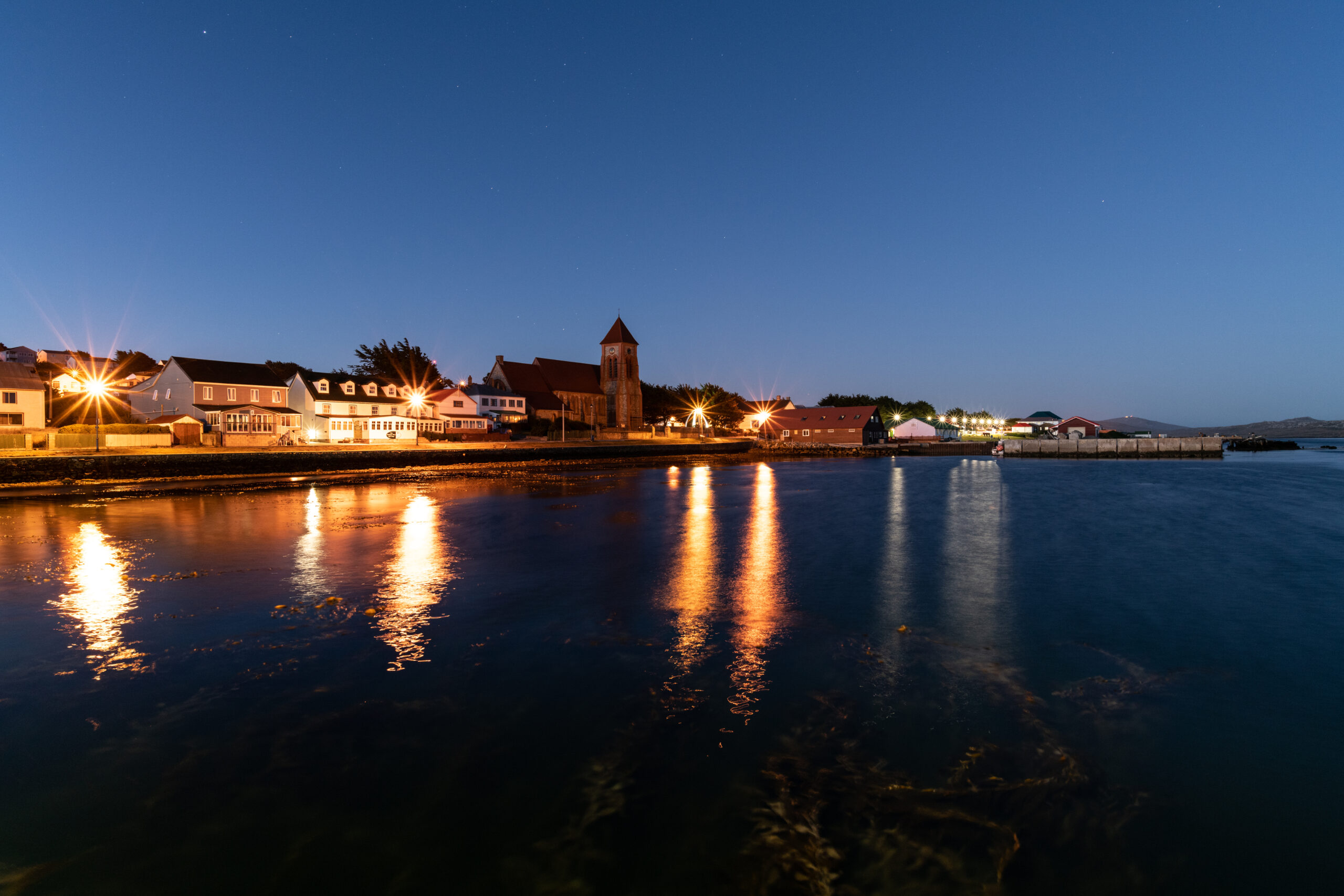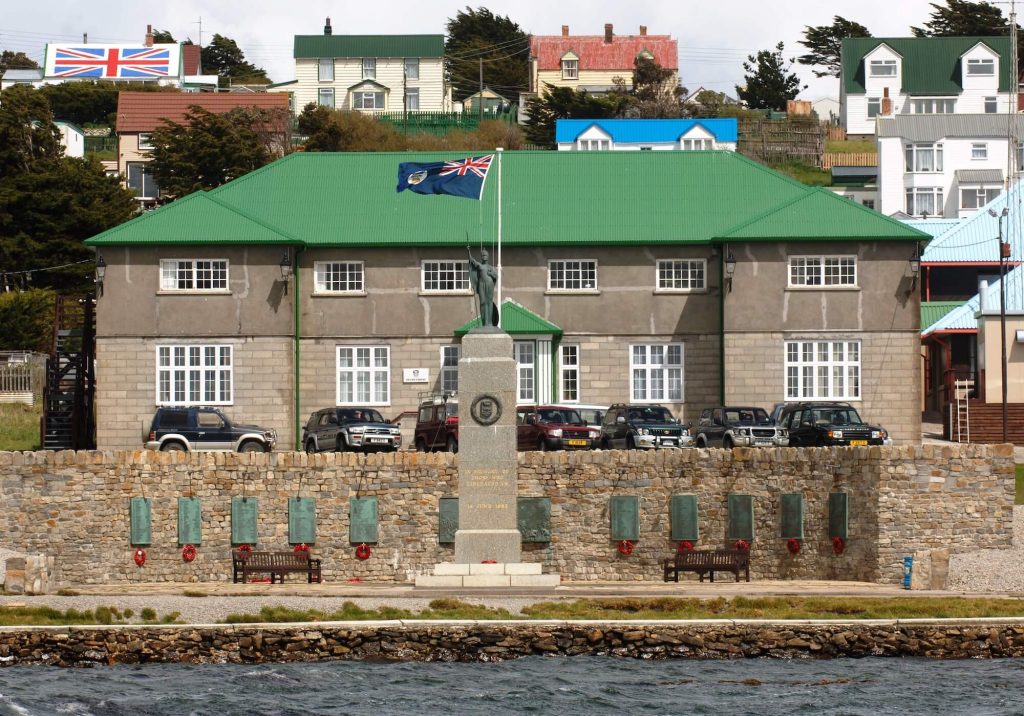Government Services
Development & Commercial Services
- Capital Projects
- Court Services
- Falkland Islands Government Air Service
- Planning & Building Services
- Procurement
- Stanley Leisure Centre
Education
- Christie Community Library
- Education Office
- Infant Junior School & Camp Education
- Falkland Islands Community School
Emergency Services & Islands Security
Policy, Economy & Corporate Services
Public Works Department
- Administration
- Design & Contracts
- Fox Bay Village
- Highways
- Housing
- Plant & Vehicle
- Property & Municipal
- Power & Electrical
- Quarry
Treasury
Press Statements and Public Service Announcements
- Announcement of General Election Results11 December 2025 Announcement of General Election Results The Returning Officer is pleased to announce the official results of the…
-
Reminder of the increase in the Rate of Embarkation Tax
23 December 2025 Reminder of the increase in the Rate of Embarkation Tax As agreed in the Budget for 2025/26,
-
Congratulations to the Newly Elected Members of the Legislative Assembly
15 December 2025 Congratulations to the Newly Elected Members of the Legislative Assembly The Falkland Islands Government would like to
-
Announcement of General Election Results
11 December 2025 Announcement of General Election Results The Returning Officer is pleased to announce the official results of the


